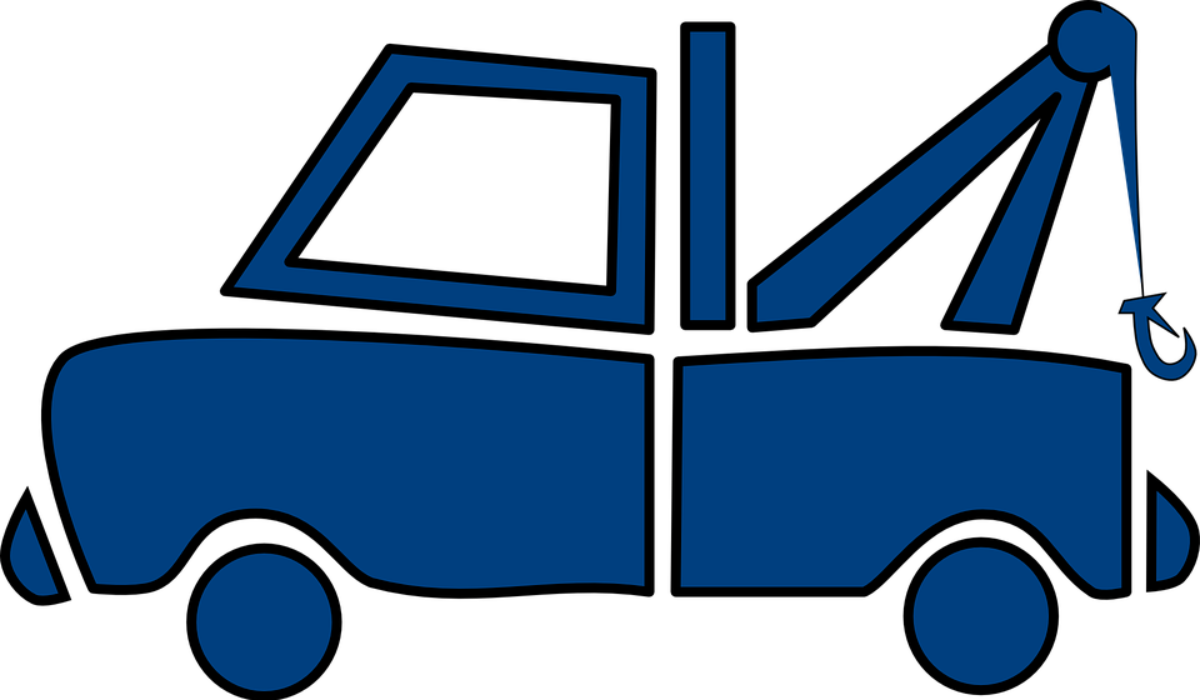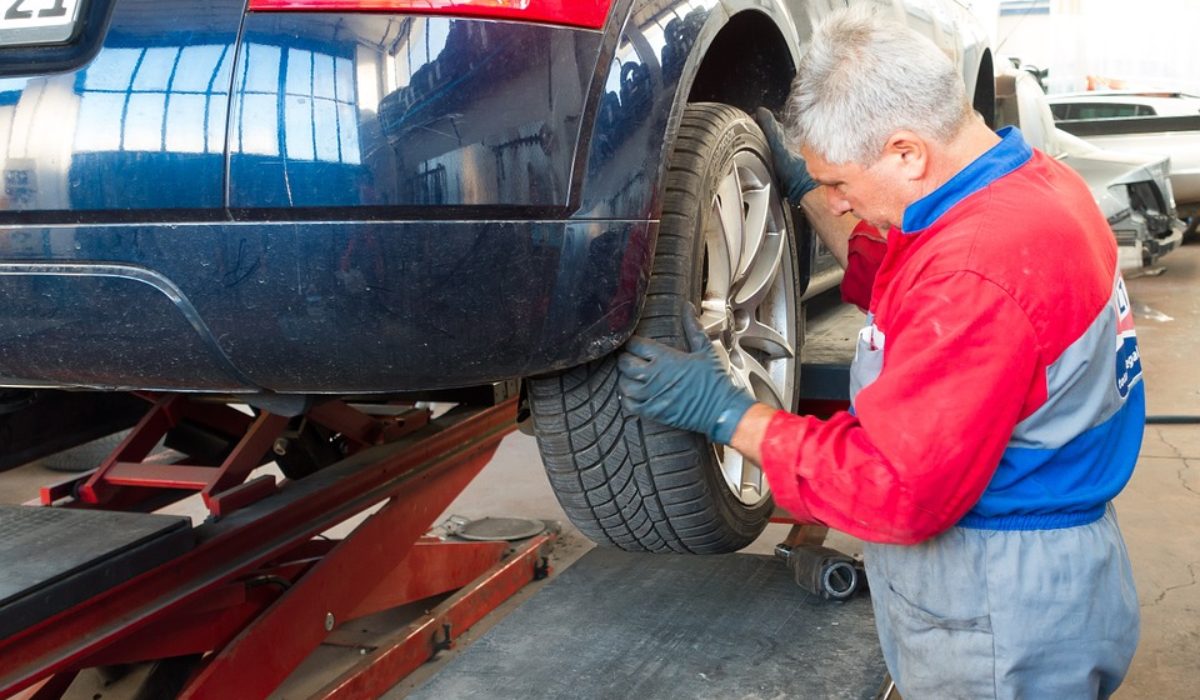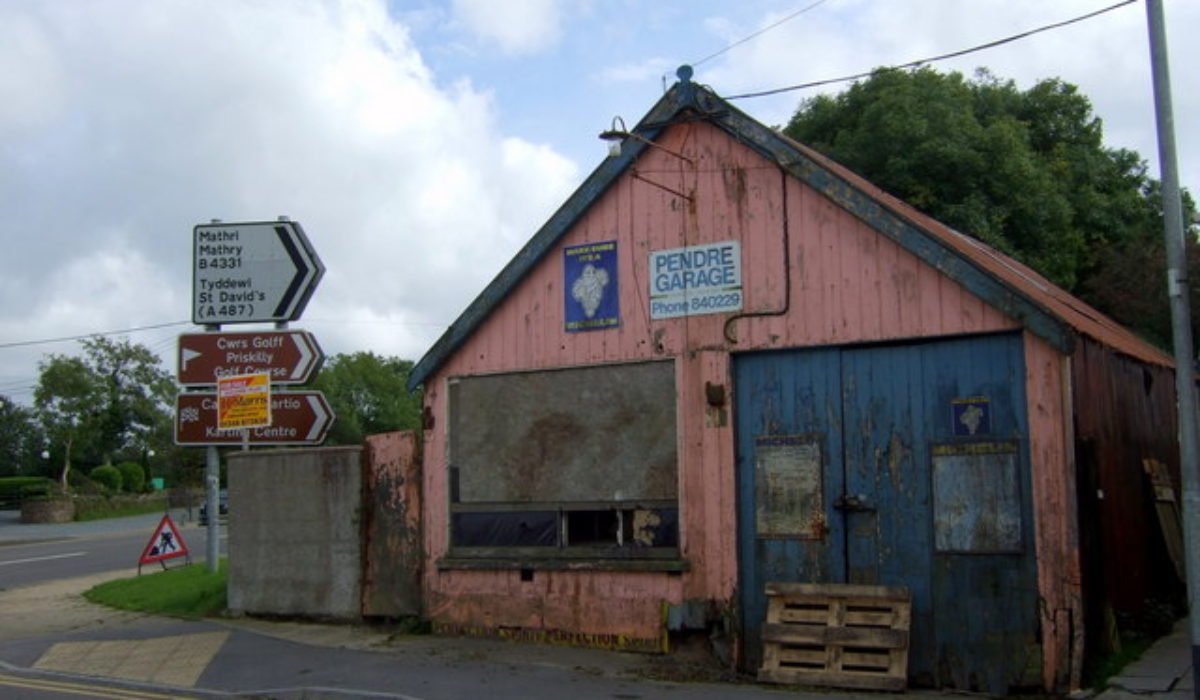
Maintaining a safe working environment is the responsibility of the employer and as such practicing safety first approaches can contribute to bringing down the insurance costs, thus improving productivity and profits.
Insurance taxes have steadily risen over the past couple of years, which has resulted in higher insurance costs for motor trade businesses. It is expensive not just to buy a new insurance but also renew existing insurances, though there is a way you can cut down on insurance costs.
To understand how you can reduce the burden of insurance, you must first understand how underwriters assess the risk profile of the policyholder. And one key factor when evaluating risk profiles is the health and safety of a workplace.
A garage with modern equipment, tools that are regularly replaced and procedures designed by experts will always garner more trust than a home run garage with readily available tools, limited systems, and part-time employees. Insurers look at the employers track record and his willingness to invest in the health and safety of his employees.
Following guidelines and establishing procedures always helps improve your company’s safety record. Use experts or have your experienced employees laydown the exact procedure for any activity. Take, for instance, repairing a cracked windshield, and prepare a checklist containing the steps necessary to remove, repair and refit it. Ensure that you always hire highly trained and experienced individuals. Maintain a standard of safety in your workplace by keeping fire extinguishers nearby, practicing drills and running a tight ship.
Addressing the health and security of your employees has two advantages. First, the probability of a workplace accident or defective repair is small. Second, in the event of a mishap, you can quickly go back to the checklists and documents about the event and pinpoint the exact cause. By finding the exact reason for an incident, you can prevent it from happening in the future and reduce your company’s liability.
Another added advantage of the safety-first approach is that your no claims bonus keeps growing overtime, thus reducing the premium you pay at the time of renewal.
Remember if something is predictable, it is preventable. Health and safety being the employer’s responsibility, profoundly affects how much you ultimately spend on insurance related costs and practicing preventive planning will eventually reduce the overall costs. If you wish to know more on how you can reduce your insurance costs, speak with our advisors, who can guide you and help with your questions.







